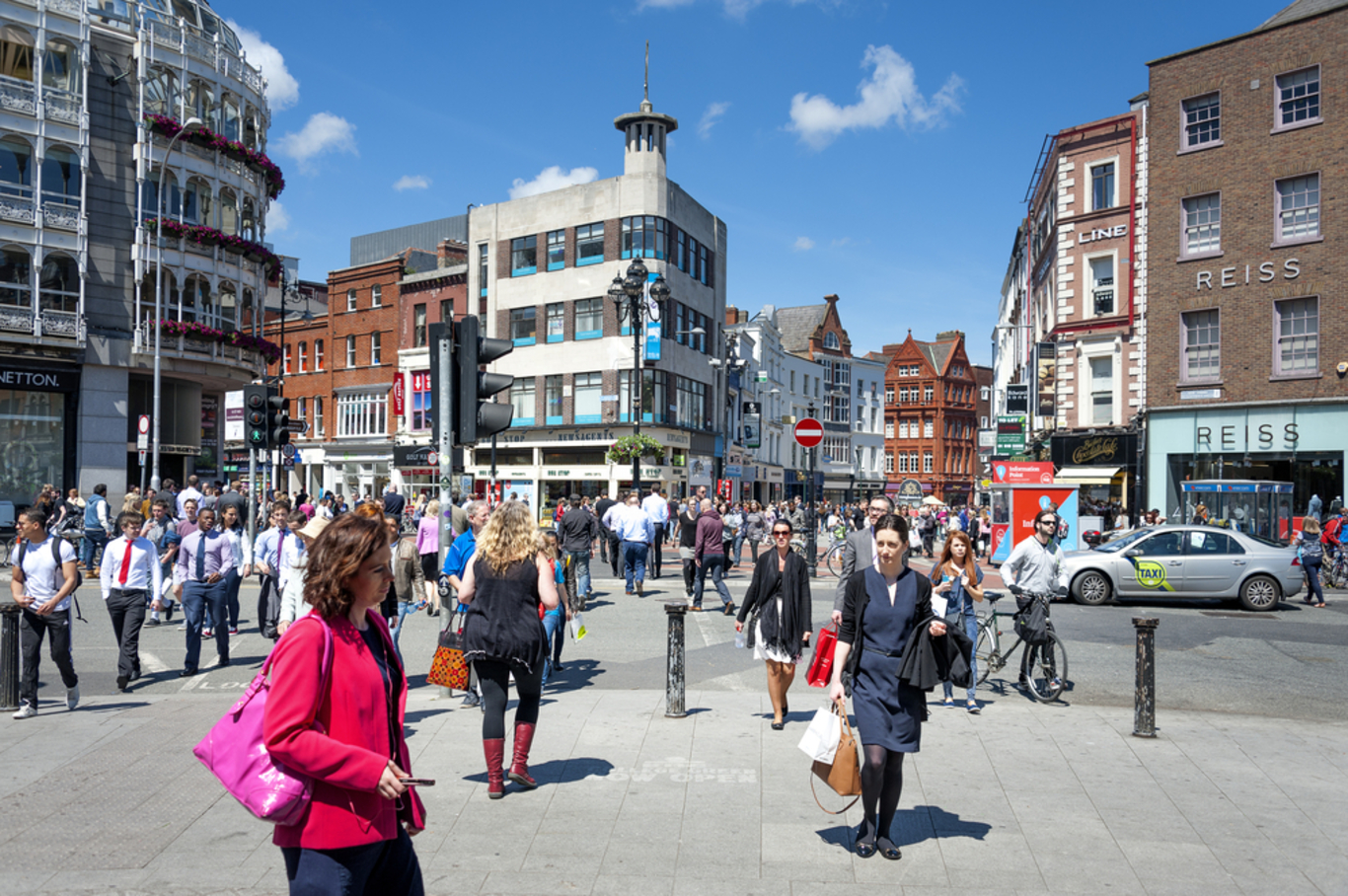Retailers say high council rates are giving online-only shops an unfair advantage
Retail Ireland has called for urgent reform of the levy system.
A GROUP REPRESENTING the Irish retail sector has called for urgent reform of the local authority rates system.
Commercial rates are a property tax on business premises, and they account for a large chunk of Irish city and county councils’ annual incomes. These rates are paid by the business that either owns or leases a commercial building.
Rates are calculated using a multiplier – set by the council – to a value for the property determined by the Commissioner of Valuation.
In a new policy paper, Ibec offshoot Retail Ireland called for changes in how rates are calculated.
It said there should be a break in the link between rents and rates, a connection which it says has led to many retailers paying disproportionate costs due to the prevalence of upward-only rent reviews.
Instead it wants the government to prioritise reform of the current system through the introduction of a new Rates Valuation Bill before the end of 2017.
‘Extreme disadvantage’
“The current system deters investment and places the burden of funding local government solely on the shoulders of retailers that operate bricks-and-mortar outlets, putting them at an extreme disadvantage to online-only retailers,” said Thomas Burke, director of Retail Ireland.
The paper highlights serious deficiencies in the current system governing how local authority rates are levied and collected from retailers, resulting in over €200 million in uncollected rates each year.
“Local authority rates make up a significant portion of total input costs for Irish retailers. The current system is opaque, inconsistent, inefficient and expensive to operate,” Burke said.
“Irish retailers are willing to pay their share in order to help improve local services, however the current system is wasteful and places an undue cost burden on retailers.”
Burke added that retailers have seen a significant increase in rates in recent years with very little return in terms of new service provision.
This is of particular concern as retailers feel the pressure of rising costs across a range of other inputs such as labour, rent and utilities, which Burke said is leading to a general erosion of the sectors’ competitiveness.
Rising costs
“Under the current system, retailers who operate on a nationwide basis have to deal with 31 local authorities, all with radically different operating systems,” Burke added.
“This is in addition to recent increases in individual rates bills, which are running into the hundreds of percent in some cases, making it extremely difficult for retailers to build business plans and make multi-annual investment decisions.”
This year, a number of councils hiked up their commercial rates as many attempted to shore up their balance sheets with the extra revenue.
As part of its approved budget for 2017, elected members of Dublin City Council voted to increase commercial rates by 0.78% in a move to help address the council’s budget shortfall. Cork City Council increased its commercial rates by 1.25% for 2017.
Written by Christina Finn and posted on TheJournal.ie






